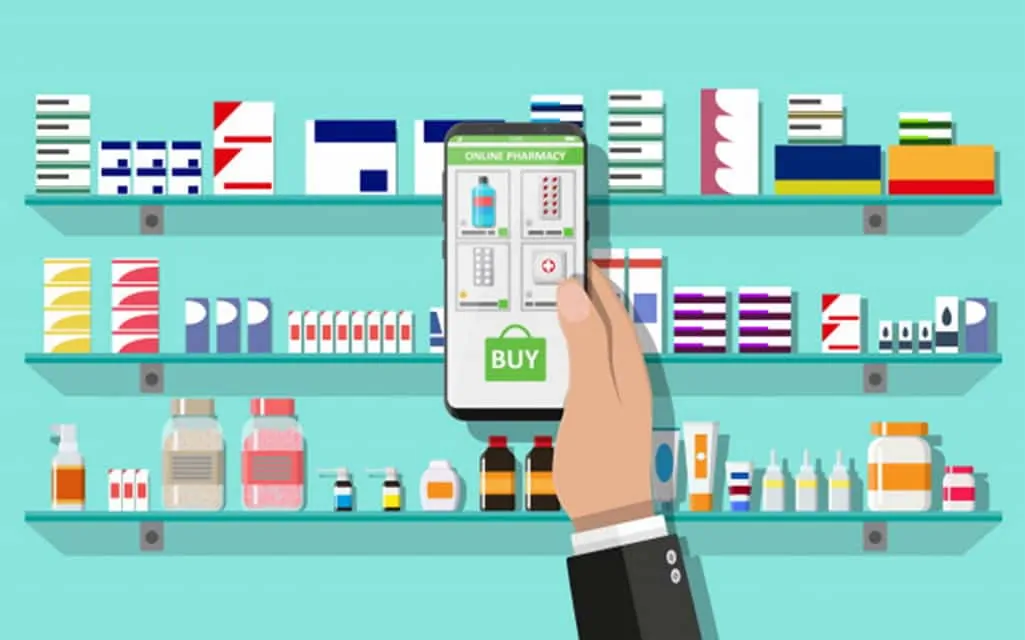If you find yourself in a situation where your insurance doesn’t cover a prescribed medication, there are several steps you can take to explore alternative options. Firstly, don’t hesitate to reach out to your pharmacist or healthcare provider. They can provide valuable insights and recommendations based on their knowledge and experience. They might suggest alternative medications that are covered by your insurance or offer information about patient assistance programs provided by pharmaceutical companies.
Another approach is to contact your insurance provider directly. Speak to a representative and inquire about the reasons for the medication not being covered. Sometimes, there may be specific criteria or prior authorization requirements that need to be met. In such cases, your healthcare provider can assist in providing the necessary information to support your case.
If you still face challenges with insurance coverage, it’s worth exploring discount programs and pharmacy savings cards. These programs can help reduce the cost of medications, making them more affordable. Additionally, ask your pharmacist or healthcare provider about generic alternatives. Generic medications often have the same active ingredients as their brand-name counterparts but are available at a lower cost.
Remember, the key is to communicate openly with your healthcare team, including your pharmacist, healthcare provider, and insurance company. They can guide you through the process and help you find the most suitable solution. Your health and well-being are the top priority, and together, you can work towards finding a medication plan that meets your needs.

